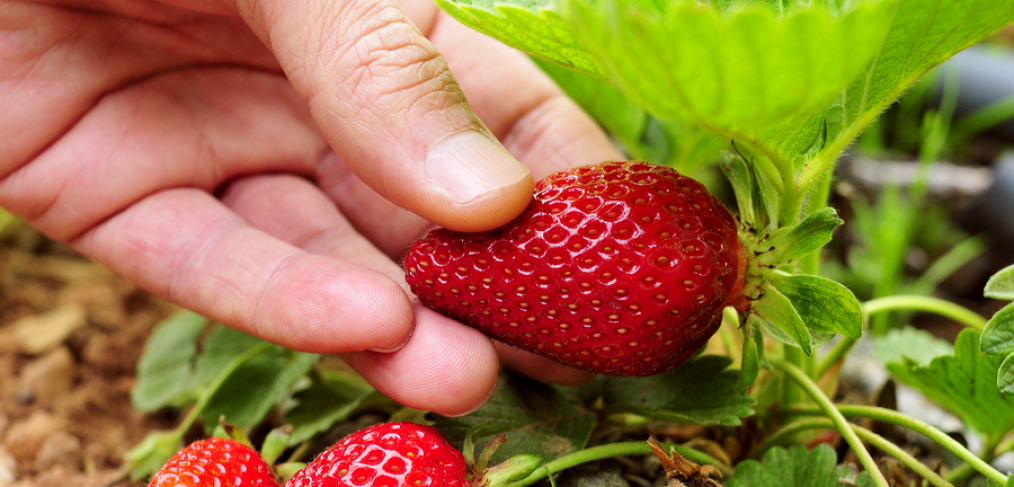
Jim Cochran’s Story: A Pioneer for Organic Strawberry Farming
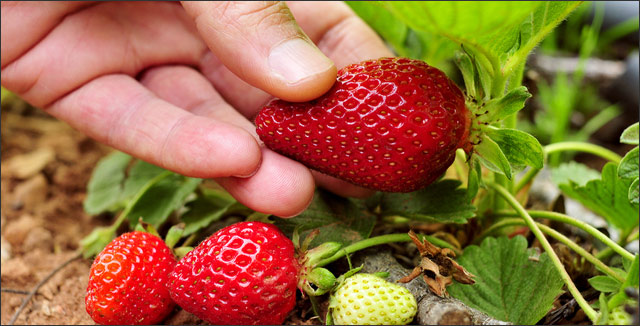 We all know that organic food is a great choice, but when you are a farmer and barely making it as it is, choosing to go the organic route can feel difficult, if not impossible.
We all know that organic food is a great choice, but when you are a farmer and barely making it as it is, choosing to go the organic route can feel difficult, if not impossible.
Sometimes all we need is one person to take that route; to pave the way and show us how. That is exactly what Jim Cochran has done for the organic strawberry industry. He was a pioneer in revolutionizing how we grow organic strawberries.
A few years ago, I had a hard time finding organic strawberries at my regular grocery store. I didn’t want to spend a crazy amount of money, but I was curious what they tasted like. I wanted to see what I could do to grow them in my own backyard garden. I used a few different organic methods that I have now come to learn can be traced directly back to Jim Cochran.
When I popped my first organic strawberry into my mouth, I felt shocked at the amount of flavor that was bursting in my mouth. The taste was so different from the ones I grew up eating. While they were tinier, each bite was filled with so much amazing flavor. It almost did not even taste like a strawberry, or what I thought was a strawberry.
Taste and flavor is not the only difference that between organic strawberries, and those conventionally grown, but the amount of pesticides that are on each one. In fact, strawberries have made the dirty dozen list year after year. Just in 2015, it was listed as the 4th “dirtiest” vegetable or fruit.
It can be daunting when thinking about the impact of pesticides have on us as consumers. But what about the farmers and the workers? How are they impacted? That is where Jim Cochran’s story comes in.
Jim Cochran’s Story
Jim Cochran was born and raised in California. He started a career farming strawberries with conventional methods. It was when he was nearly poisoned to death by the pesticides that he started to really question the pesticides that he used and how they were not just impacting him, but his workers as well.
Cochran explains his experience about getting poisoned. He stated, “My eyes started to water and I started to get all jittery.” If this was impacting Cochran this much, how much more was it impacting his workers out in the fields.
Unconventional Methods
In 1983, Cochran started Swanton Berry Farm, and it was in 1987 that his farm became the first CCOF – Certified Organic Strawberry Farm in the State of California. Cochran needed to find other ways to produce his strawberries without using the pesticides, so he came up with some innovative ways to create amazing and productive strawberries. These methods were verified in a series of studies done be the University of California.
Jim Cochran’s Organic Strawberry Innovation Plan
- Crop Rotation
Crop Rotation is a series of dissimilar of different types of crops in the same area in a sequenced season. It helps to reduce soil erosion, increases soil fertility, and crop yield. - Trap Crops or Companion Planting
This is a type of plant that attracts agricultural creatures. This usually includes insects and takes them away from nearby crops. This is a type of companion planting and can save the main crop form getting infected by pests organically. - Used Natural Predators
One of the problems as a farmer is to control pests and disease. This is one of the key reasons pesticides are used. Cochran introduced natural predators to help to control the strawberries pest.
The way I grew my organic strawberries had many components of organic gardening that came directly from Jim Cochran and his innovative methods. However, these methods did not come without some push back.
The Fight
Like in all good stories, there is always a battle to get your ideas across to others. Cochran found it difficult to get funding for this experiences from the California Strawberry Commission. According to grist.org, he stated, “The industry blockaded our efforts to get money to research alternatives, and spent a lot of money in Washington to making sure our proposals didn’t get funded.” But Cochran failed to give up.
In fact, once other farmers began to see that he was actually doing it, and how successful it could be, they realized that they too could grow strawberries organically. Jim Cochran’s methods are now credited for making a large-scale commercially organic strawberry possible in California.
The Story Continues
Not only has Jim Cochran been an innovator in organic farming, he also is paving for worker’s rights. He was the first organic farmer to unionize his workers and his workers are paid three times the national average wage.
To this day, he is one of only a few organic farmers that that has a contract with the United Farm Workers. This is an organization that unionizes its farm workers in the United States, and works to protect the rights for farm workers.
In an age where extreme health risks are at state, this is a great organization to protect farm workers. For Jim Cochran, he is taking a stand and making a statement for the farmers around him as he has a contract with United Farm Workers. Hopefully soon, more farmers will follow Cochran’s lead in worker’s rights as they did with organic farming.
Building A Better Earth
Jim Cochran was bold enough to make a stand and try something that few people were brave enough to do. He is an innovator and a pioneer in organic farmer and his methods are truly making our earth a better place. Cochran was quoted, “The real test is not what you do in a short life span on Earth, but it’s what remains afterwards.”
It is amazing when we truly ask ourselves, “Isn’t there a better way?” Choosing methods to create better health and better food, and better work conditions are something we all should be thriving for. The gift of leaving our children a better Earth is something we can feel proud of. It is a gift that will be passed down for generations to generations.
Your Turn
What do you think of Jim Cochran’s Story? Please let us know in the comments below.

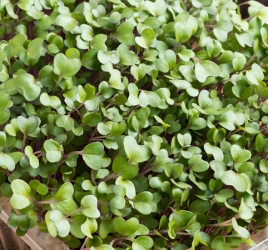
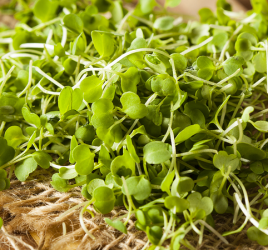
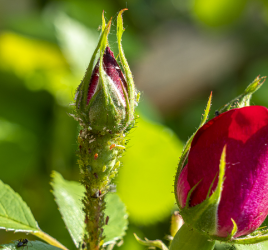
This article is very good and gives people some hope for a healthier future. I admire anyone who strives to do the right thing. I first found out about Jim Cochran while signing an Earthjustice petition to ask the EPA to ban the use of organophosphates. My hope is that all farmers across this country will follow in Jim Cochran’s footsteps and switch to growing their crops organically. The American people need to be aware of heinous corporations like Monsanto that are trying to destroy our environment and us. I am doing my best to inform everyone I know or meet about the truth behind Monsanto and corporations like it. It would be nice if I was able to buy Jim Cochran’s produce. I don’t mind paying a bit more. It is worth it in the long run. Thank you for writing this article.
Thanks Loretta for your thoughtful comment. We really appreciate the work that Jim Cochran has done and continues to do and hope that more organizations follow as well.